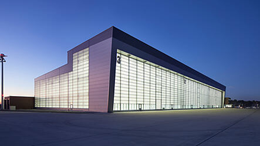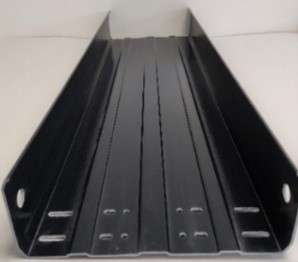Development of recycling processes for glass fiber reinforced plastics
The use of fiber-reinforced plastics (FRP), in particular glass fiber-reinforced plastics (GFRP), offers enormous advantages in terms of lightweight construction potential, excellent corrosion resistance, easy processing and good specific strength properties. This is why this material accounts for around 95% of the European composites market1. The recycling of products made of FRP is currently a major challenge for research, industry and society. Currently, it is not possible for most recycling companies to process products and materials made of FRP in a suitable recycling process. This applies to the initial dismantling and shredding processes as well as the subsequent processing steps such as fiber-matrix separation and the reuse of the fibers.
Most FRP components that have reached the end of their life cycle, as well as large amounts of production srcap, are therefore not recycled, but often end up in residual and hazardous waste, and in other European countries in landfill sites.
Due to the increasing expansion of wind power and the large quantities of GFRP used in wind rotor blades, the amount of GFRP waste will increase massively in the coming years. One particular challenge facing the GRP recycling process is the economic viability of the process and the use of the recycled materials.
Particularly when using recycled materials, it is important to pay attention to quality management and the associated characterization of the recycled materials in order to ensure high and, in particular, consistent quality.
1 E. Witten and V. Mathes, “Der europäische Markt für Faserverstärkte Kunststoffe/Composites 2021: Marktentwicklungen, Trends, Herausforderungen und Ausblicke,” 2022.


